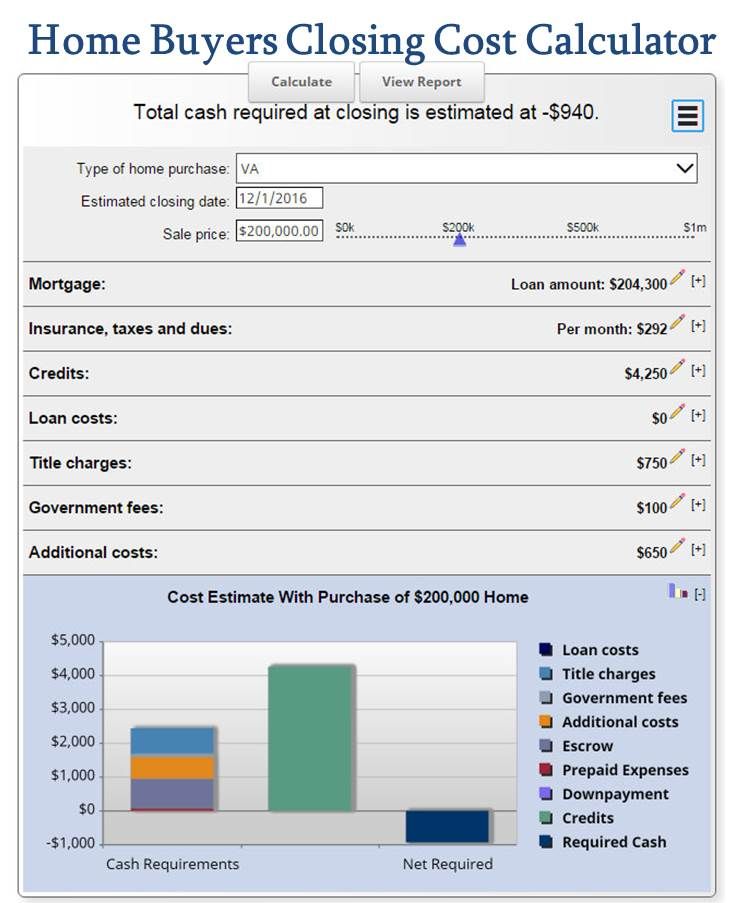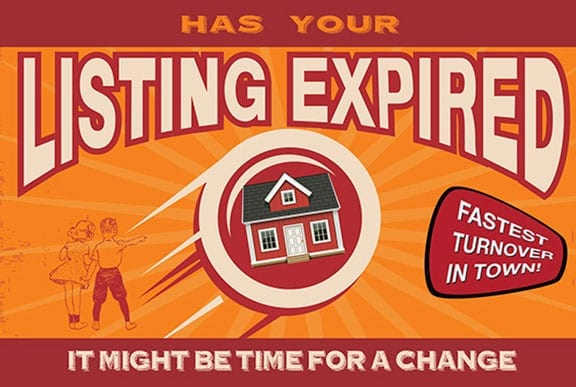
To become a licensed real estate agent in North Carolina, you first need to be licensed. Pre-licensing education classes are required in real estate principles and contracts. These classes can also be taken online. You have greater flexibility. These classes last 75 hours.
To become a North Carolina real estate agent, you must meet certain requirements
You must first become a licensed broker or salesperson to be a North Caroline realty agent. A pre-licensing course is required and you must pass a realty licensing exam. Once you pass the exam you can become an affiliate of a brokerage and activate you license. This usually takes 10 to 30 days.
North Carolina law requires prospective real estate agents to be at least 18 years of age, to be a citizen of the United States or a qualified alien according federal law. A licensing exam must be passed by all potential agents.

Steps to licensing
In order to be licensed as a North Carolina real estate agent, you must complete a minimum of 75 hours of approved real estate education and pass a final exam proctored by the state's Real Estate Commission. Once you have completed the course, you will need to submit an application and undergo a criminal background check.
After you make the decision to become a real estate agent, there will likely be some questions. It's not as straightforward as you might think, but it's possible to succeed if your determination is strong. There are many paths you can take, no matter if you are a recent high-school graduate, a mid-career changer, or an older professional looking to supplement your income in retirement.
Cost
North Carolinia costs $45.50 annually to become a realtor. This fee can also be paid via VISA/Mastercard, Discover/American Express, Paypal or PayPal. In addition to the license fee, a continuing education fee must be paid. You must also pass the real estate exam for $64, in order to retain your license.
Before completing the real estate licensing exam, a person must take a pre-licensing course. Pre-licensing costs will vary from one state to the next, but live classes in North Carolina are typically between $150 and $300. It is worth comparing costs before you make a decision on which school to attend. The class will usually provide you with all the study materials you will need, but you will have to pay for additional learning materials.

Finding a real estate agent
It is likely that you have many questions regarding the process of getting into real estate. North Carolina requires all real estate agents to have a license. It requires some training and passing a few exams. However, most agents pass the first time. You'll need to spend the time researching.
A great agent is essential in the sale or purchase of a property. The right agent can help you make your home stand out from the competition and negotiate the best deal possible. It's crucial to ensure that your home stands out from the rest, especially considering that North Carolina rents an average of $1,020 per monthly.
FAQ
What is a reverse loan?
Reverse mortgages are a way to borrow funds from your home, without having any equity. This reverse mortgage allows you to take out funds from your home's equity and still live there. There are two types available: FHA (government-insured) and conventional. With a conventional reverse mortgage, you must repay the amount borrowed plus an origination fee. FHA insurance covers repayments.
How can I get rid of termites & other pests?
Termites and other pests will eat away at your home over time. They can cause damage to wooden structures such as furniture and decks. A professional pest control company should be hired to inspect your house regularly to prevent this.
What is the cost of replacing windows?
Window replacement costs range from $1,500 to $3,000 per window. The total cost of replacing all your windows is dependent on the type, size, and brand of windows that you choose.
What are the disadvantages of a fixed-rate mortgage?
Fixed-rate mortgages tend to have higher initial costs than adjustable rate mortgages. Additionally, if you decide not to sell your home by the end of the term you could lose a substantial amount due to the difference between your sale price and the outstanding balance.
What are the benefits to a fixed-rate mortgage
Fixed-rate mortgages guarantee that the interest rate will remain the same for the duration of the loan. This guarantees that your interest rate will not rise. Fixed-rate loans come with lower payments as they are locked in for a specified term.
What should I do before I purchase a house in my area?
It depends on how much time you intend to stay there. It is important to start saving as soon as you can if you intend to stay there for more than five years. However, if you're planning on moving within two years, you don’t need to worry.
What are the 3 most important considerations when buying a property?
The three most important things when buying any kind of home are size, price, or location. Location is the location you choose to live. The price refers to the amount you are willing to pay for the property. Size refers to the space that you need.
Statistics
- When it came to buying a home in 2015, experts predicted that mortgage rates would surpass five percent, yet interest rates remained below four percent. (fortunebuilders.com)
- 10 years ago, homeownership was nearly 70%. (fortunebuilders.com)
- This means that all of your housing-related expenses each month do not exceed 43% of your monthly income. (fortunebuilders.com)
- Private mortgage insurance may be required for conventional loans when the borrower puts less than 20% down.4 FHA loans are mortgage loans issued by private lenders and backed by the federal government. (investopedia.com)
- Over the past year, mortgage rates have hovered between 3.9 and 4.5 percent—a less significant increase. (fortunebuilders.com)
External Links
How To
How to Manage a Rent Property
Although renting your home is a great way of making extra money, there are many things you should consider before you make a decision. This article will help you decide whether you want to rent your house and provide tips for managing a rental property.
This is the place to start if you are thinking about renting out your home.
-
What do I need to consider first? You need to assess your finances before renting out your home. If you have debts, such as credit card bills or mortgage payments, you may not be able to afford to pay someone else to live in your home while you're away. Your budget should be reviewed - you may not have enough money to cover your monthly expenses like rent, utilities, insurance, and so on. This might be a waste of money.
-
What is the cost of renting my house? There are many factors that influence the price you might charge for renting out your home. These factors include your location, the size of your home, its condition, and the season. Prices vary depending on where you live so it's important that you don't expect the same rates everywhere. Rightmove estimates that the market average for renting a 1-bedroom flat in London costs around PS1,400 per monthly. This means that your home would be worth around PS2,800 per annum if it was rented out completely. While this isn't bad, if only you wanted to rent out a small portion of your house, you could make much more.
-
Is this worth it? Doing something new always comes with risks, but if it brings in extra income, why wouldn't you try it? You need to be clear about what you're signing before you do anything. Your home will be your own private sanctuary. However, renting your home means you won't have to spend as much time with your family. Make sure you've thought through these issues carefully before signing up!
-
Are there any advantages? There are benefits to renting your home. There are plenty of reasons to rent out your home: you could use the money to pay off debt, invest in a holiday, save for a rainy day, or simply enjoy having a break from your everyday life. You will likely find it more enjoyable than working every day. Renting could be a full-time career if you plan properly.
-
How can I find tenants? Once you've decided that you want to rent out, you'll need to advertise your property properly. Make sure to list your property online via websites such as Rightmove. You will need to interview potential tenants once they contact you. This will help you assess their suitability and ensure they're financially stable enough to move into your home.
-
What can I do to make sure my home is protected? If you fear that your home will be left empty, you need to ensure your home is protected against theft, damage, or fire. You will need to insure the home through your landlord, or directly with an insurer. Your landlord may require that you add them to your additional insured. This will cover any damage to your home while you are not there. If you are not registered with UK insurers or if your landlord lives abroad, however, this does not apply. In this case, you'll need to register with an international insurer.
-
It's easy to feel that you don't have the time or money to look for tenants. This is especially true if you work from home. You must put your best foot forward when advertising property. It is important to create a professional website and place ads online. It is also necessary to create a complete application form and give references. Some people prefer to do the job themselves. Others prefer to hire agents that can help. Either way, you'll need to be prepared to answer questions during interviews.
-
What should I do after I have found my tenant? If you have a contract in place, you must inform your tenant of any changes. Otherwise, you can negotiate the length of stay, deposit, and other details. You should remember that although you may be paid after the tenancy ends, you still need money for utilities.
-
How do I collect rent? When the time comes to collect the rent, you'll need to check whether your tenant has paid up. You'll need remind them about their obligations if they have not. After sending them a final statement, you can deduct any outstanding rent payments. You can call the police if you are having trouble getting hold of your tenant. The police won't ordinarily evict unless there's been breach of contract. If necessary, they may issue a warrant.
-
How can I avoid problems? Renting out your house can make you a lot of money, but it's also important to stay safe. Consider installing security cameras and smoke alarms. Make sure your neighbors have given you permission to leave your property unlocked overnight and that you have enough insurance. You should not allow strangers to enter your home, even if they claim they are moving in next door.